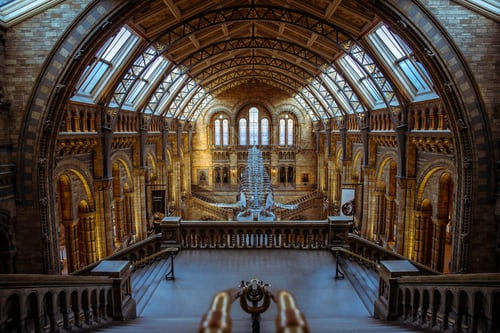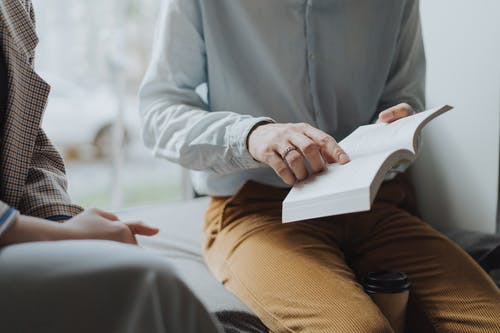This blog urges the importance of collecting the oral history. Oral history are the stories that living individuals tell about their past or about the past of other people. Just from that statement alone there is a whole slew of reasons why oral history would be important but I will just cover six important reasons.
Education

There is a growing importance of oral history in schools today as well as an increased funding to produce and preserve oral histories collection and train oral historians. Many oral history programs and classes in colleges and university campuses across the globe have been set up to teach students. International universities and organizations have gotten onto the bandwagon of enhancing their programs to make the learning of oral histories possible. The United Kingdom, Canada and Australia have all established oral history associations and offer education classes on the subject.
Programs like these are aimed at educating future oral historians interested in learning key issues relating to oral history such as preservation and its importance.
Oral History for Research

Even as copious amounts of documentary information already exist, researchers can employ oral history as a research tool. Educational researchers have based their findings on strictly quantifiable data usually obtained through the use of standardized tests, interviews, schedules or surveys. There is an unwritten assumption that to be valid a research project must be as close as possible to being an experimental design.
Experimental research is research conducted with a scientific approach using two sets of variables. The first set acts as a constant, which you use to measure the differences of the second set. Quantitative research methods are experimental.
Experience of Survivors

In order to create a richer and more accurate social history of survivors’ oral testimony is necessary. For example, the special circumstances of the Holocaust have resulted in a documentary history which has been told from the perspective of the Nazi perpetrators. While it may be useful on the one hand it is also helpful for us to understand the actions and reactions faced by survivors which includes harassment, expropriation, exile, or even murder. This is not to say that that the practice of oral history was originally designed for eliciting memories of traumatic events but it does require the historian to reject the positivist conception of the objective and distanced interviewer, in favor of a position as a compassionate listener to painful personal experiences. Oral history helps historian bridge the experiential gap with survivors, enabling a better understanding of their experiences.
Oral History meets Documentary Techniques

Most of oral history documentation has been the basis for plays, books and documentaries. These cannot be written by someone simply listening to archives, they will need to see and collect the written material. There are a number of materials that have inspired play writers and even artists and novelists to sit down and base their works on true life experiences.
Everyday life can be recreated in vivid detail, however the traditional oral history once recorded often disappears into a file cabinet. By combining history with documentary production, we can create a living art form that will be read, watched or even listened to by generations to come.
Exploration of Contemporary Culture

Contemporary culture refers to current shared themes, beliefs and values of the society. This includes present practices, trends as well as political and social beliefs. It is important to understand contemporary culture as it is key if one wants to identify future trends and values. Oral history allows scholars to explore contemporary culture in great detail. When an oral historian interviews a group of people who have been deliberately or accidentally forgotten this adds to the historic information hence giving them a voice.
Preserve History

The earliest form of preserving history was through memory of the elders in communities. But as we all know, as time goes by, memory may not be a good source of a storage facility as it wanes with age. While audio tape recordings are still used, video tape recordings have become standard. Video tapes are important to researchers as it helps them clearly see the body language and facial expressions of the “storytellers” as these are also forms of communication.
To ensure that oral history is preserved well it is pertinent that the information or data collected is transcribed and preserved well for either public or personal use. For longevity purposes it is important to store the data in modern digital formats such as personal Mp3 players that has recording abilities. These devices are known to be inexpensive and can hold massive amounts of data if recorded safely and directly into the flash chip in the player.
That’s it for my blog this week, look out for my blog on 3 Basic Areas to Consider while Conducting an Oral History Interview and also feel free contact us .
Keep us in mind for all your research transcription needs. Also visit our website to see more on oral history transcription.
Stay safe and remember, always be kind try to stay positive and learn to unwind.
